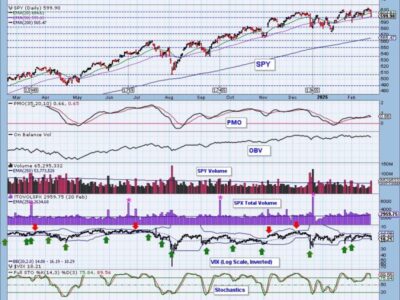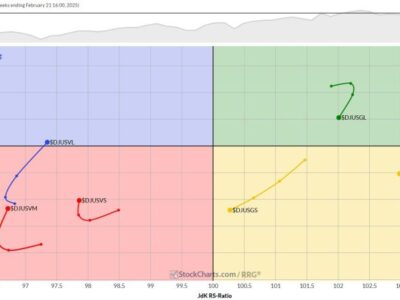
This Sunday, amidst economic crisis, Argentina will hold a presidential election that pits Sergio Massa of the ruling Peronist party against Javier Milei, a self‐described libertarian. The stakes are high because Massa represents continuity, while Milei has promised far‐reaching reforms consistent with limits to power and what he and his supporters view as a return to liberal democracy.
Given those stakes, Peruvian novelist Mario Vargas Llosa, along with nine ex‐presidents from Latin America, and numerous other pro‐democracy leaders, activists, and intellectuals issued a statement today in support of Javier Milei. The only way out of Argentina’s crisis, they write, is through political and economic freedom, rather than the populist path the country has been on. Below, I offer an English translation of the statement. See the original in Spanish here that includes a list of all of the signatories.
Statement in Support of Javier Milei
“On Sunday, November, 19, Argentina, one of the most important countries in our region, will determine its political, economic and social future at the ballot box. Peronist Kirchnerism, the political movement that has practically hegemonized Argentine political life during the 21st century, aspires to obtain a fifth term in office. This time, the Peronist candidate is Sergio Massa, Argentina’s current Finance Minister. Massa presides over a stagnant country, with three‐digit inflation rates, over 40 percent of the population in poverty, and a chronic unemployment problem, which is barely cloaked over by welfare handouts.
“Massa represents the continuity of a failed corporate and economic model. Argentina’s institutions have not allowed the country to grow at a par with its neighbors during the last decades. The cost of these perverse economic policies has been rampant inflation, widespread poverty, and the economic distress of millions of Argentines, who see their standard of living collapsing on a daily basis.
“Massa blatantly attempts to merge the Argentine state itself with the current administration and his own party. He is using all the mechanisms, institutions, and human and economic resources that should be at the service of citizens as a battering ram against the opposition. Massa’s project is a continuation of Néstor and Cristina Kirchner’s original project: to achieve political hegemony by inflating the budget and punishing the opposition.
“In the international sphere, Kirchnerism aligned itself with the worst governments on the planet while supporting the regional dictatorships of Cuba, Venezuela, and Nicaragua. The Kirchnerist regime has allowed the entry of narco‐criminal gangs that have settled in the country, cornering the forces of the state itself. Massa represents the continuity of this sad situation.
“Massa’s opponent is Javier Milei, a new candidate in politics, with whom we certainly have many differences, but who believes in the ideas of freedom and has a very accurate diagnosis of the country’s economic problems. Furthermore, Milei has managed to gain the support of a good portion of center‐right party Juntos por el Cambio and its voters. Today he represents the hope for change against the continuity of the Kirchnerist model.
“We, the undersigned, consider that a new term in office for Kirchnerism would deal a serious blow to Argentina’s resistance against economic populism, authoritarianism, political corruption, and the corporatist model.
“The only way out for Argentina is with political and economic freedom, respect for the rule of law and private property, and with the rules of the game of liberal democracy, the social market economy, social justice, and modernity.
“Argentina has everything it needs to become a developed and exemplary country once again. It is our hope and desire that Argentines will eradicate at the ballot box the model that binds them to populism, economic backwardness and political authoritarianism and, finally, opt for change towards freedom, progress, and justice.”








